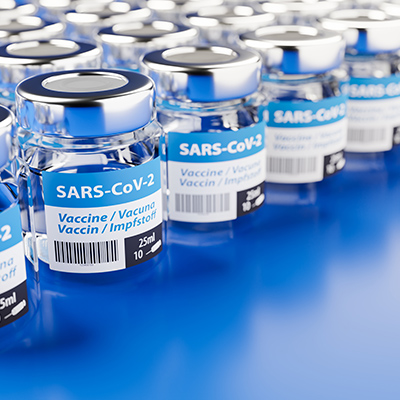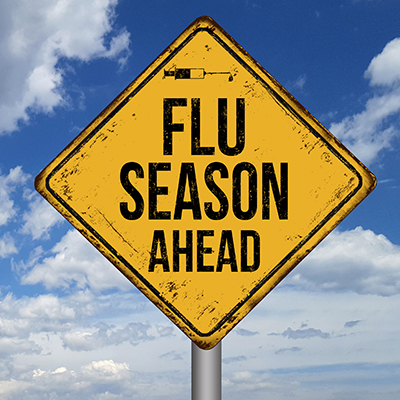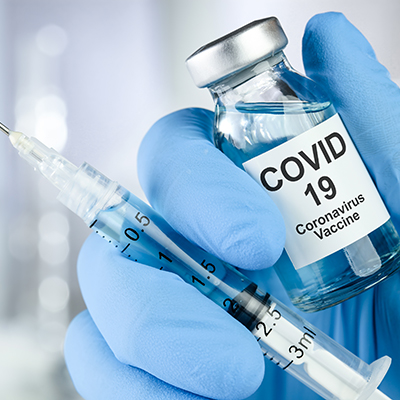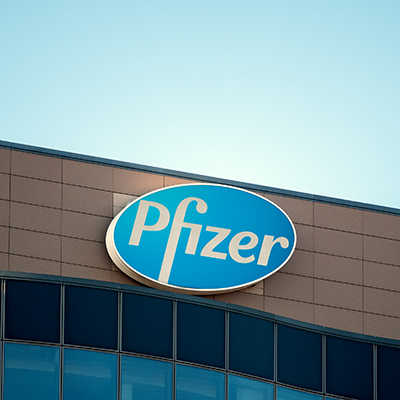October 26, 2020 -- Once a vaccine for SARS-CoV-2 is approved by the U.S. Food and Drug Administration (FDA) to be administered to the public, who should receive it first, given that its supply will be initially limited? A new perspective published in Science on October 21 fleshes out different COVID-19 vaccine distribution strategies that would ensure optimal protection from the disease under conditions of vaccine scarcity.
Current strategic prioritization plans emphasize the importance of vaccinating healthcare workers, since doing so preserves the healthcare system itself. Another priority is to directly protect the elderly and people with comorbidities, who are at the highest risk of death or hospitalization from COVID-19.
Beyond these two groups, the optimum vaccination strategy will depend on the specific vaccine characteristics as revealed by testing of the vaccines, according to authors Marc Lipsitch, PhD, of the Harvard School of Public Health, and Natalie Dean, PhD, of the University of Florida.
In the U.S., there are currently 12 COVID-19 vaccine candidates in phase III trials, in which safety and efficacy data are being collected. These candidates will then have to meet additional criteria to be granted emergency use authorization by the FDA.
Data gleaned from phase III trials will help guide vaccination efforts, but postapproval monitoring, such as surveillance of nursing homes and assisted living facilities, will also be important for evaluating relative vaccine effectiveness and subgroup-specific efficacy among the different candidates.
Two types of protection from a COVID-19 vaccine are distinguished by the authors: direct protection (through vaccination of the high-risk individuals themselves) and indirect protection (through vaccination of those in contact with high-risk individuals to reduce transmission to the high-risk group).
The authors noted that direct protection is relatively straightforward to demonstrate through randomized controlled trials, so long as high-risk adults are well-represented in the trial population. Indirect protection, on the other hand, is much more difficult to measure. It is urgent, therefore, to obtain evidence on how each candidate vaccine prevents not only infection but also infectiousness due to viral shedding either before approval of the vaccine or soon after.
The best-case scenario for an effective vaccine would be one that prevents infection entirely, thereby reducing both direct and indirect transmission. The worst-case scenario for an effective vaccine would be one that reduces disease in the young but provides neither direct nor indirect protection to the elderly and people with comorbidities, leaving them at risk of infection, according to the authors.
Although COVID-19 is a new disease, the authors suggested that lessons can be drawn from the history of influenza vaccination. Influenza vaccine campaigns initially targeted direct protection of the elderly but more recently have focused on indirect protection through universal vaccination of the general population.
This may be a more effective strategy because influenza vaccines induce weaker, short-lived immune responses in the elderly than in young adults. If it turns out that the same is true for SARS-CoV-2 vaccines, this would bolster the argument for an indirect protection strategy against COVID-19, the authors wrote.
Do you have a unique perspective on your research related to infectious disease research or virology? Contact the editor today to learn more.
Copyright © 2020 scienceboard.net











